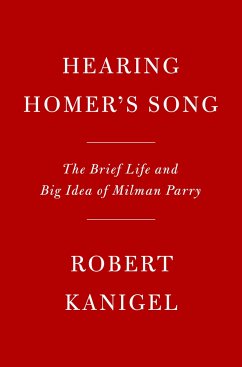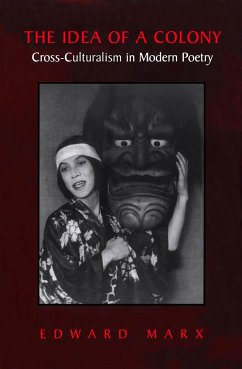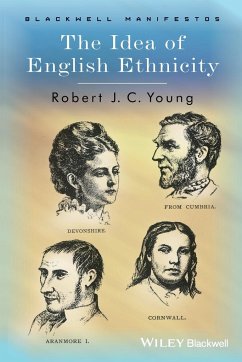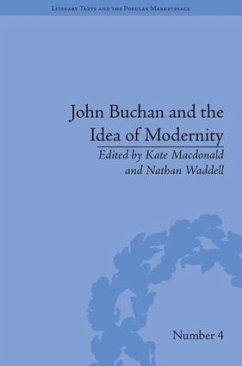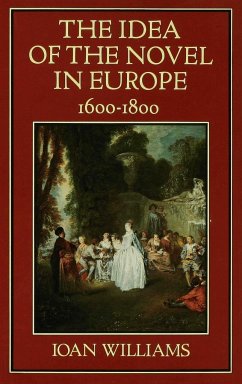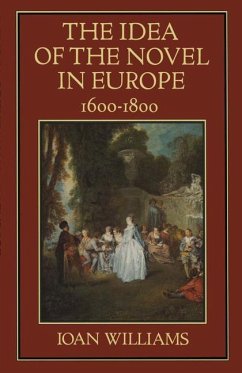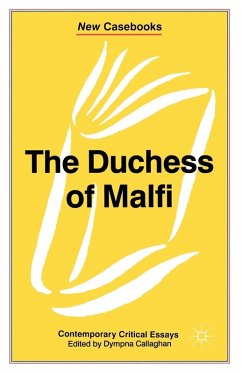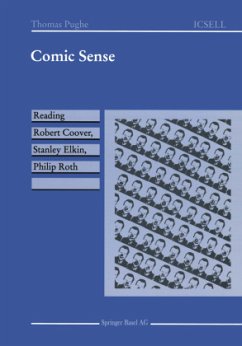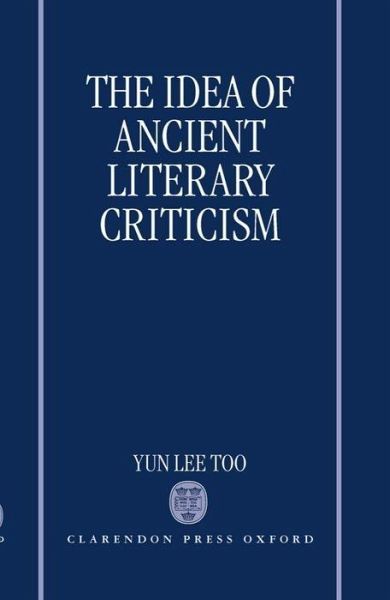
The Idea of Ancient Literary Criticism
Versandkostenfrei!
Versandfertig in 1-2 Wochen
168,99 €
inkl. MwSt.

PAYBACK Punkte
84 °P sammeln!
Yun Lee Too offers a sustained reading of the social function of the body of texts we identify as 'ancient literary criticism' with major implications for how we understand this discourse and also modern criticism and literary theory. The author argues that when Greek and Roman authors discuss what and how to read in works, they are attempting to create and maintain the political community and its identity by regulating the languages available to it. Literary criticism is a process of discrimination between competing discourses, serving as a strategy by which certain forms of speech or writing may be pronounced legitimate at the expense of others. The volume traces ancient criticism from its origins in archaic Greek poetry through to the early Christian era. As well as reading the familiar texts of ancient criticism - Plato's Republic, Aristotle's Poetics, [Longinus] On the Sublime, amongst others - it shows how ancient law, history, and rhetoric participate in the critical process.





